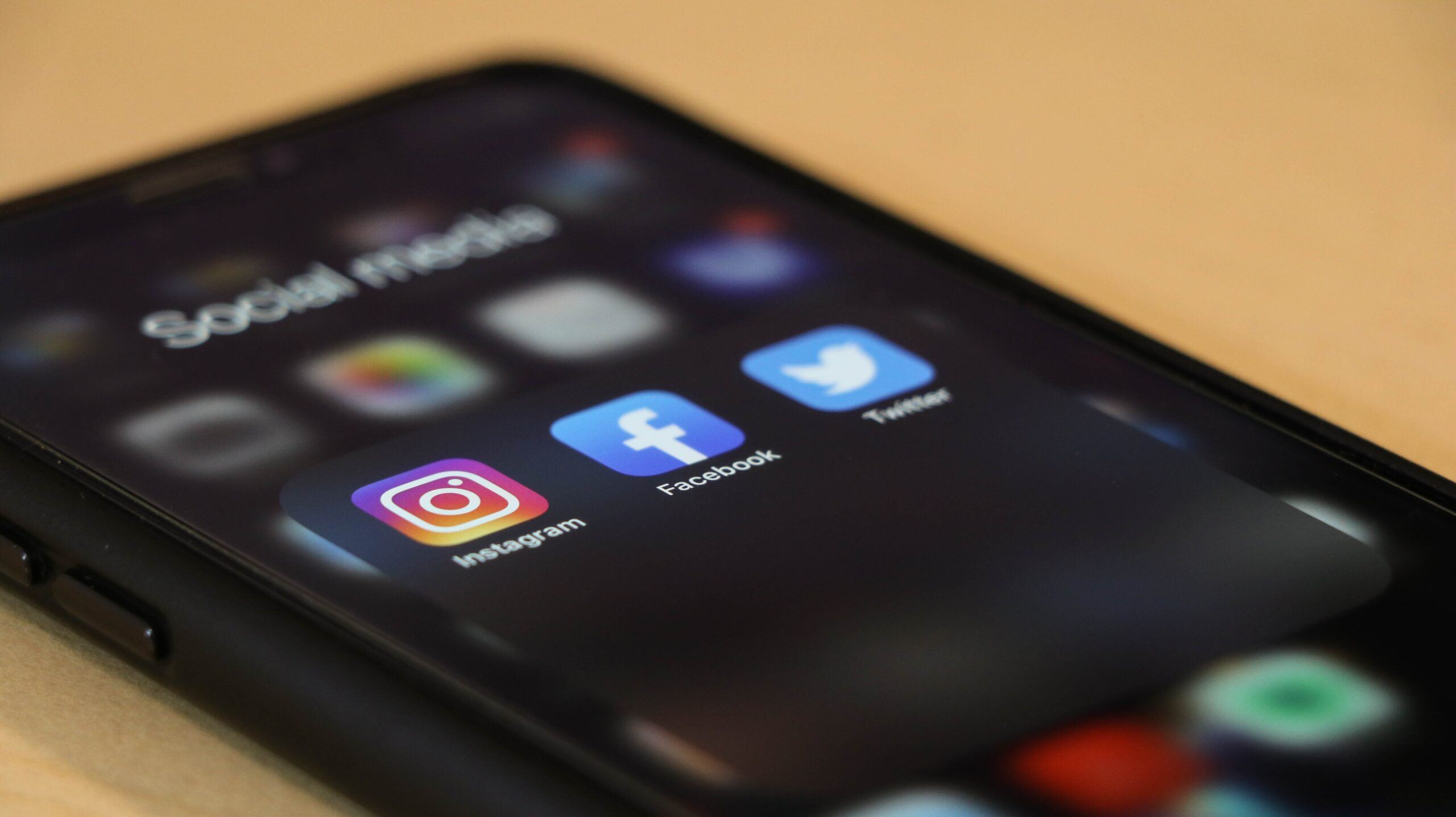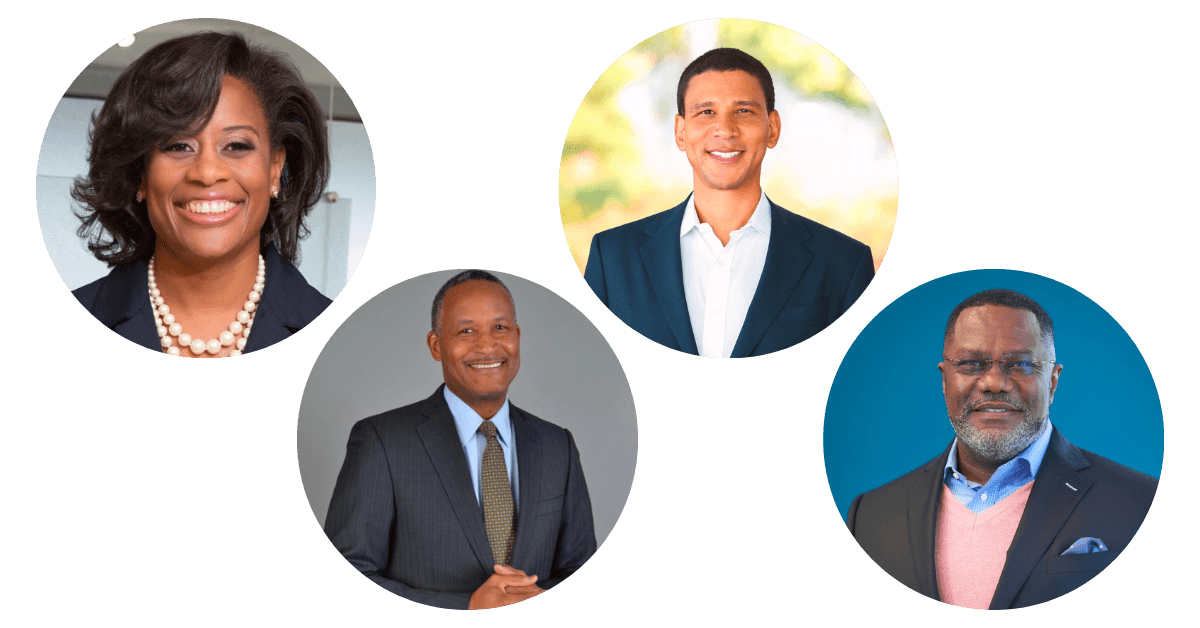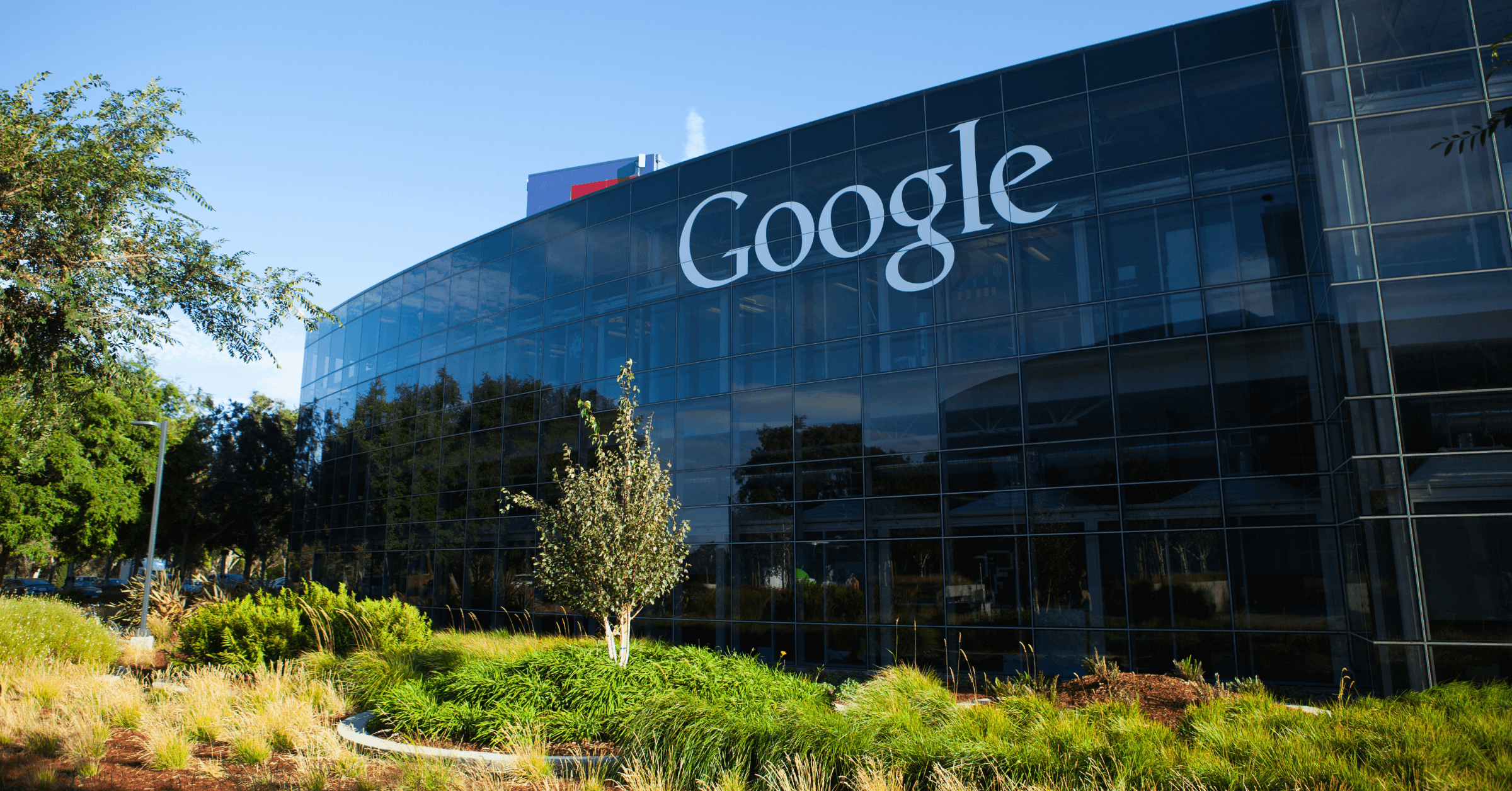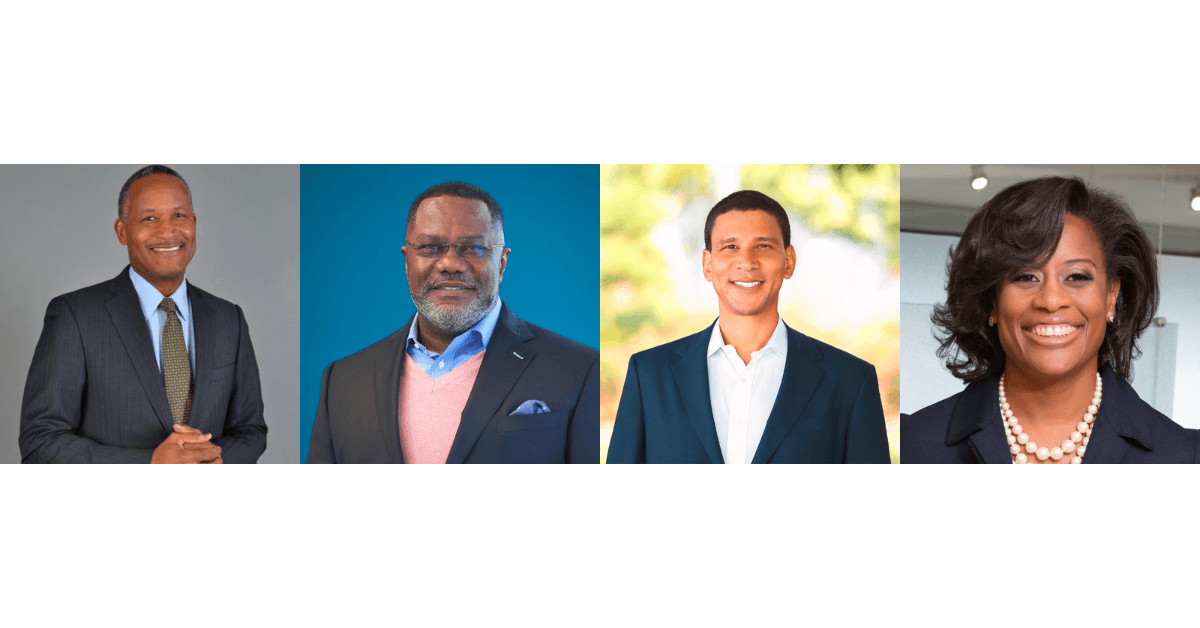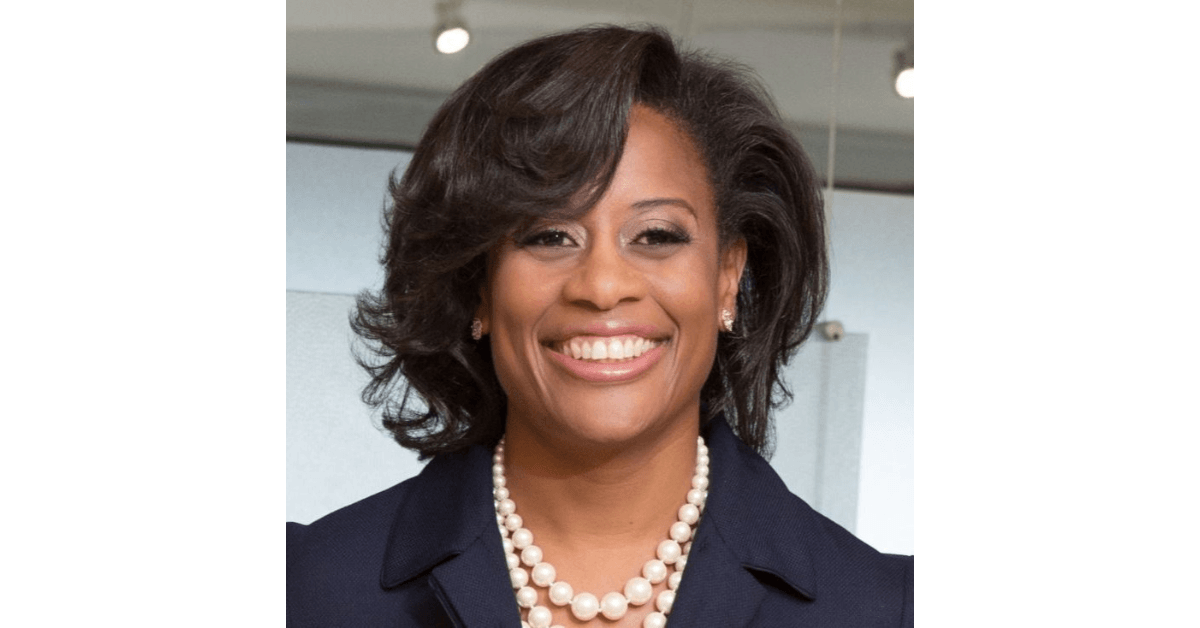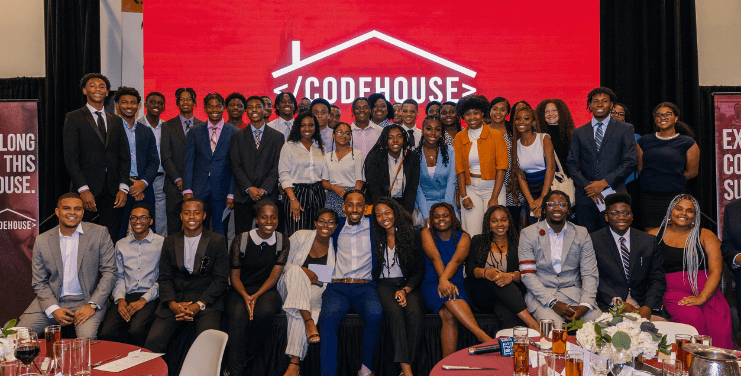KEY INSIGHTS
- Facebook has undisclosed documents that outline how the platform protects the free speech for white Americans more than Black Americans.
- Several Black users are censored or blocked for combating racism.
- Companies’ regulations are in place but don’t have many mandates over hate speech policies.
Social media platforms fundamentally serve as a place to speak online, but they are slowly censoring many pressing issues. The Kyle Rittenhouse case in Kenosha, Wis., in which search queries, posts and accounts referencing Rittenhouse were given extreme censorship from some tech companies. How big tech companies respond to speech with Black and white American users hinges on corporate mandates and public outcry.
“These big tech organizations only want their users to communicate without making anyone feel guilty or inadequate. If something happens like that, they have the right to deal with it in their [own] way, Steven Walker, CEO of Spylix, a service facilitating online legal parental and employee monitoring services, told The Plug.
Black users are censored more on social media for combating hate speech.
A Black user’s Facebook account was banned for two days after posting a comment about white men being weak, which Facebook declared as hate speech. According to a USAToday report, Facebook rarely takes action on repeated reports of racial slurs, violent threats and harassment campaigns targeting Black users.
Instagram’s “Sensitive Content Control,” which lets users determine how much “sensitive” content, like nudity, guns and violence, also affects Black users. According to an NBC News report, Ashlee Marie Preston, a Los Angeles-based activist and cultural commentator, said she keeps up with Instagram’s updates and noticed that her 400,000 follower engagements decreased a week after the control was implemented. Instagram account No White Saviors’ (NWS) content on their Instagram page was concealed or what is known as shadowbanned.
Meta has had a history of protecting white users that continues today.
According to a ProPublica report, Meta-owned Facebook has secret guidelines that Facebook’s censors use to distinguish between hate speech and legitimate political expression. Facebook deletes curses, slurs, calls for violence and several other types of attacks only when they are directed at “protected categories”—based on race, sex gender identity and so on. The report notes that white men are considered a group because both traits are protected, while female drivers and black children, like radicalized Muslims, are subsets because one of their characteristics is not protected.
One Facebook rule, which is cited in the documents but that the company said is no longer in effect, banned posts that praise the use of “violence to resist the occupation of an internationally recognized state.” The company’s workforce of human censors, known as content reviewers, has deleted posts by activists and journalists.
Facebook has hate speech guidelines in place but does not have much say over critical racial speech online.
“That is the reality of having policies that apply to a global community where people around the world are going to have very different ideas about what is OK to share,” Monika Bickert, head of global policy management at Facebook, told ProPublica.
Facebook and Twitter are not government actors, but they still have restrictions like blocking inappropriate speech on their platforms, like child pornography or speech that violates copyright protections or speech intended to communicate a severe threat or incite violence.
Facebook’s company behavior is self-regulated, according to a Wired report. Last year, the platform revealed the leaders and first 20 members of its new review board. This board will dedicate how Facebook responds to hate speech, free expression, human rights and legal processes. The committee will hear only individual appeals about specific content that the company has removed from the service—and only a fraction of those appeals.
The report explains that the board can not do anything about harmful content or influence on the sorts of harassment that regularly occur on Facebook or (Facebook-owned) WhatsApp. The board does not develop policy for Facebook Groups, which harbors the most dangerous content.
Big Tech companies will respond and act as they see fit toward race. Internal corporate regulation committees and developers have little authority over hate speech guidelines. Time will tell what merits social media giants will use in public issues around the country.
Sponsored Series: This reporting is made possible by the The Ewing Marion Kauffman Foundation
The Ewing Marion Kauffman Foundation is a private, nonpartisan foundation based in Kansas City, Mo., that seeks to build inclusive prosperity through a prepared workforce and entrepreneur-focused economic development. The Foundation uses its $3 billion in assets to change conditions, address root causes, and break down systemic barriers so that all people – regardless of race, gender, or geography – have the opportunity to achieve economic stability, mobility, and prosperity. For more information, visit www.kauffman.org and connect with us at www.twitter.com/kauffmanfdn and www.facebook.com/kauffmanfdn.

